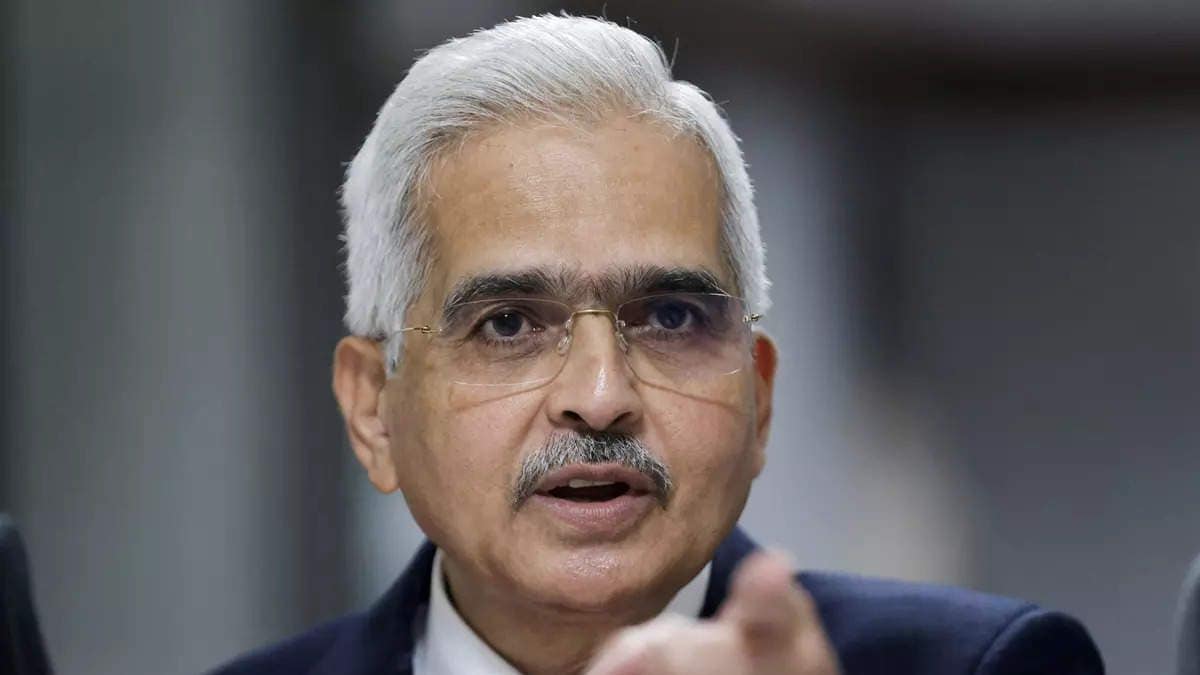Banks to Begin Reporting on New Data Warehouse CIMS: RBI Governor Shaktikanta Das – News18

RBI Governor Shaktikanta Das. (File photo)
The new system will disseminate more data for public use and will also support online statistical analysis by external users at their end, says Shaktikanta Das
Reserve Bank Governor Shaktikanta Das on Friday said commercial banks will first begin reporting on the central bank’s latest next-generation data warehouse, the Centralised Information Management System’ (CIMS), followed by urban cooperative banks and non-banking financial companies.
Das was addressing the 17th statistics day conference at the RBI headquarters, which also marks the birth anniversary of Prof Prasanta Chandra Mahalanobis–the best-known mind in the field.
Launching the new system he said the latest CIMS, which is the central bank’s next-generation data warehouse, is starting with reporting by commercial banks which will be gradually extended to urban cooperative banks (UCBs) and non-banking financial companies (NBFCs).
Das also said incidentally, with the CIMS going live, the first weekly statistical supplement, which is the RBI”s weekly data release on its own operations and on developments in banking and financial markets, was compiled and processed in the CIMS for the week to June 23.
The new system will disseminate more data for public use and will also support online statistical analysis by external users at their end, the governor said, adding regulated entities will also have access to their past data and their assessment on quality parameters in the new system.
The Reserve Bank established its first enterprise-wide data warehouse, the Central Database Management System (CDBMS) in 2002 and from November 2004 a large part of this data system was placed in the public domain as the database on the economy or on the DBIE portal.
Over the years, this portal has evolved from a simple data repository to an information processing and management system, which has become the Reserve Bank’s data dissemination platform. The DBIE remains very popular among domestic and international researchers, analysts, and general public, especially students. It received over 2.5 lakh hits in May 2023.
He also said following the recommendation of the Reserve Bank’s Regulations Review Authority 2.0 (RRA 2.0), a system-based submission of the remaining email-based reporting will be implemented through the CIMS in the coming months.
Since any systemic transition with multiple dimensions involving large number of entities is prone to teething trouble, Das said the RBI teams will support reporting entities for a smooth transition, wherever necessary. The new system will also have several new features in the coming months.
Das noted that the Reserve Bank was a pioneer to set up its data warehouse over two decades ago.
Hailing the role that Prof Mahalanobis played in fine-tuning the macro-financial data system in the country, he said the world-renowned statistician was instrumental in institutionalising statistics, both as an academic discipline and as a policy-devising tool. He always approached the subject as an applied science, capable of addressing real-life questions.
His practical application of statistics/data, such as his analysis of half a century data on floods, influenced the construction of the Hirakud dam in Odisha, and the second five-year plan model that focussed on rapid industrialisation. All these demonstrate how statistics can address complex problems and drive progress.
(This story has not been edited by News18 staff and is published from a syndicated news agency feed – PTI)
For all the latest business News Click Here


